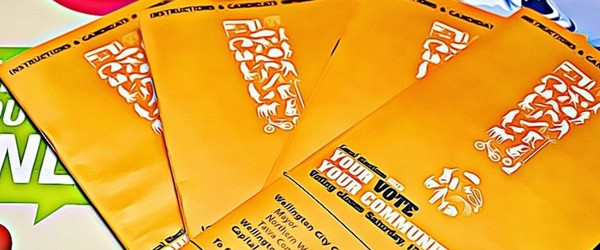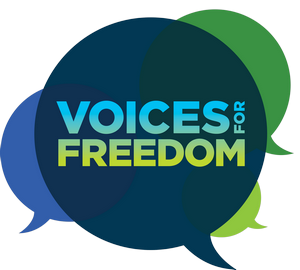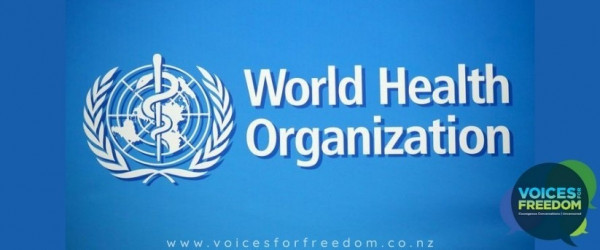
Do We Now Have To Declare Our Affiliation?
By Dark Jester
In 2019, I was fortunate enough to follow some local body elections. As an undergraduate, I was naturally intrigued by the ‘youthquake’ candidates including Tamatha Paul and Teri O’Neill. These young candidates were passionate about making the ‘youth voice heard’ and for ‘young people to be at the table’. Of course, it wasn’t until after the elections that I found out Teri was part of the Labour Party. It should have been obvious from her obsession with climate change.
It was also during that time that I went to a National Party event where in response to complaints about Labour domination of the councils came the announcement of the launching of the Wellington Party. At this meeting, I also met a lawyer named Sean who had just returned from overseas where he had represented the oil and gas sector.
During the candidate debates I attended, there were many questions about the issues and the policies, but one thing I never heard being asked of the candidates by the media or by the voters was what groups each of the candidates were members of or affiliated to. That was a subject that never came up during the elections. Yes, people declared the party or ticket they belonged to but they were never asked about relations to lobby groups or activist groups. This was despite the fact that Tamatha is a proud member of Black Lives Matter and Teri founded School Strike 4 Climate Wellington. In fact, these were seen as qualities for a councillor, people who had actively engaged in social issues in the community which made them more attractive as candidates.
What makes this local body election any different? It seems the media are now deciding which groups candidates can and cannot be a part of. They call this ‘scrutinising the candidates and holding them accountable’, but where was their scrutiny when a Chinese businessman with ties to the Belt and Road initiative decided to run for Mayor of Auckland? They have a woke understanding of ‘protecting democracy’ which selectively scrutinises some candidates for their links but not others.
Why is it suddenly important that people’s affiliations are revealed?
For the first time, the political establishment is being challenged at the local government level.
At some point, in order to be considered a suitable candidate for the council and therefore get backing from the media and the establishment, you must be part of the right groups and have the correct affiliations. Even if you stood as an ‘independent’, your platform must include the ‘mainstream’ topics which appeal to the establishment. However, their dominance of local government is now being challenged by true independents outside the establishment. Even worse for them, these new candidates are willing to call them out on their corruption and party politics.
So who are these dangerous extremists who are undermining our democracy? These people are not professional politicians or academics. They are ordinary people with ordinary jobs and lives who are willing to stand against party politics and ideology. These are people who focus more on the local rather than the globalist vision and agenda pushed by the political class, whether it is more wasteful spending, collapsing infrastructure or council overreach.
In fact, the political establishment is so scared that they are now considering electoral law changes to stop ‘extremists’ from running for office. But the question is, what is an extremist? Does that include Islamic jihadists and Antifa terrorists? This is a question we should put to the administrative state, who recently decided to find any excuse including using Interpol to stop an Australian journalist from entering New Zealand to cover a protest.
As mentioned in a previous article, what were supposed to be institutions to represent the interests of local communities have become part of the political machine to carry out the globalist agenda.
Now that local people are standing up against the establishment, the political class see them as a threat because of what these new candidates represent: a movement to bring the councils back to the community rather than the world.
This reminds me of the local body elections in Hong Kong. Before 2019, the Hong Kong local bodies were still democratic. However, this was stopped after the pro-democracy camp won the councils in a landslide. I see the same thing happening here: the media only care now about affiliations because the political establishment senses a threat to the status quo. That is why in this election it is important to vote. I’ve heard so many people complaining about the councils. To those who are sick of the useless councils, I only ask, what are you going to do about it?
Thanks for reading and sharing! Remember to sign up to our mailing list to keep up with the latest news.
If you value what we are up to at Voices and would like to support our ongoing work you can donate to us and support our nationwide public education campaigns (webinars, flyers, billboards...) and other initiatives to speak up and push back for your freedoms.



